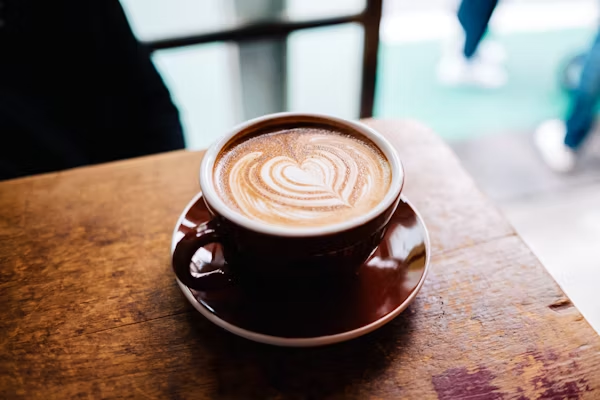Have you reduced your caffeine intake and found your dreams more vivid? Many people notice this effect within a few days. Some describe their dreams as intense, emotional, or even unsettling. Lowering caffeine has clear benefits like brighter teeth and fewer bathroom visits. Yet one curious side effect seems to be more memorable nights filled with strange dreams. What does science say about this?
How caffeine shapes rest
Caffeine stimulates the brain and keeps us alert. It does this by blocking adenosine, a chemical that builds while we are awake. Adenosine normally signals tiredness, helping us drift into sleep at night. During rest, adenosine clears out, leaving us refreshed in the morning. With caffeine in the system, that signal gets muted, so we feel less sleepy. Once it wears off, tiredness often returns strongly. Because caffeine lasts three to six hours in the body, it can disturb sleep well into the night. Deep non-REM sleep suffers most, and late consumption makes sleep even harder.
Why less caffeine may fuel vivid dreams
There is little direct evidence linking caffeine reduction to dream intensity. Most studies focus on overall sleep quality. Still, many people share the same story: after a few nights without caffeine, dreams become more intense and detailed. The explanation may be sleep rebound. With less caffeine, the body can regain longer, deeper sleep. This often boosts rapid eye movement sleep, the stage most strongly linked to dreaming.
What vivid dreams are like
Vivid dreams feel strikingly real, with sharp details and powerful emotions. Some remain in memory long after waking. These dreams occur mainly during REM sleep, when the body rests but the brain stays active. More REM means more opportunities for elaborate dream experiences. Studies suggest people with higher REM levels recall dreams more often. Waking up during REM also makes dream memories easier to hold. Cutting caffeine may extend REM sleep, giving the brain more chances to dream and remember.
Limits of the connection
Not everyone who cuts caffeine will experience more vivid dreams. For some, the effect may fade after days or weeks. Sleep and dreaming involve many influences beyond caffeine. Yet the link remains plausible: caffeine disrupts rest, and better sleep enhances dreaming. Reducing caffeine may let the brain spend more time in REM, creating richer dream experiences.
Timing plays a key role
Caffeine is not only found in coffee or energy drinks. It also appears in chocolate, tea, soft drinks, supplements, and medicines. Despite its drawbacks, caffeine also offers benefits. Research connects coffee drinkers with lower risks of depression and certain brain diseases. Coffee provides antioxidants and vitamins as well. For night workers, caffeine often helps manage fatigue. For many people, a morning cup feels essential. Still, timing matters if better sleep is the goal. Avoid caffeine at least eight hours before bed. Skip large doses within 12 hours of sleep. The result may be deeper rest—and dreams you remember clearly.


